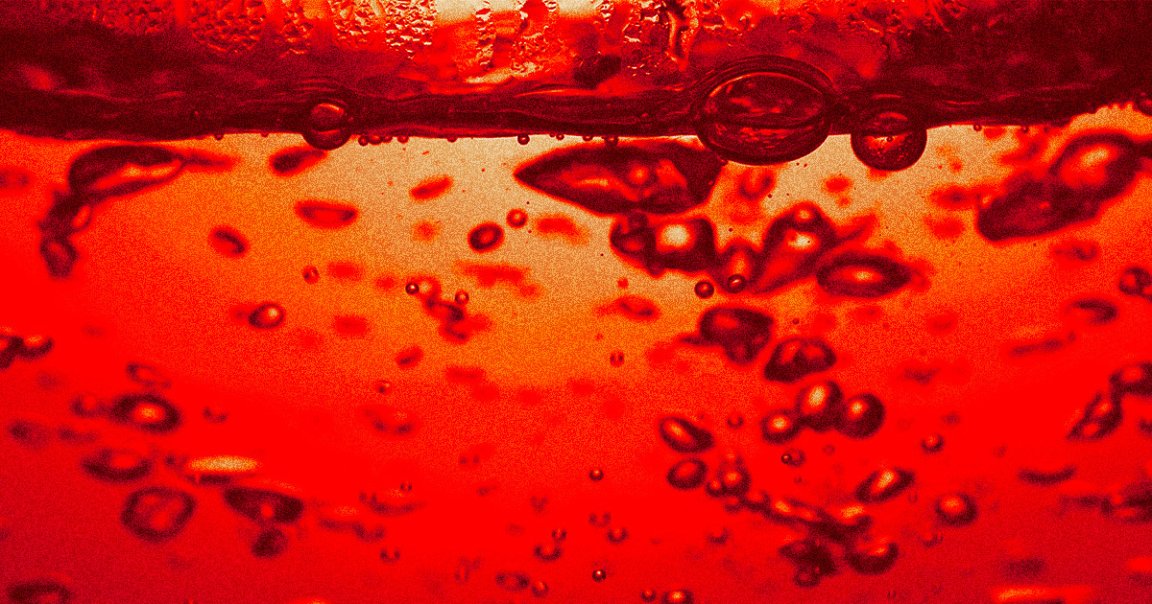
Dire Straits
More grim news from Earth’s oceans.
As the BBC reports, new data from European Union climate change authority Copernicus shows that our oceans, at a staggering average of near-70 degrees Fahrenheit, have officially broken all previous heat records. And unfortunately, according to the sobering report, scientists are only expecting those temperatures to keep rising — likely spelling dire consequences for the marine plants and animals that call the briny deep their home.
“The fact that we’ve seen the record now,” Copernicus scientist Samantha Burgess told the BBC, “makes me nervous about how much warmer the ocean may get between now and next March.”
“The more we burn fossil fuels, the more excess heat will be taken out by the oceans,” she added, “which means the longer it will take to stabilize them and get them back to where they were.”
Hot Tub Ocean
The Copernicus report also comes on the heels of reports that water off Florida’s coasts has reached hot tub-level temperatures, a reality described by the nonprofit Coral Restoration Foundation as a “severe and urgent crisis” that could cause a devastating coral die-off.
“The water feels like a bath when you jump in,” said National Oceanic and Atmospheric Administration scientist Kathryn Lesneski, who according to the BBC is currently observing the ongoing marine heatwave in the Gulf of Mexico. “There is widespread coral bleaching at shallow reefs in Florida and many corals have already died.”
El Niño
It is worth noting that the El Niño — a periodic climate pattern that occurs when a band of warm ocean water from the west coast of South America rises to the surface, resulting in warmer temperatures worldwide — has been in effect this year. And as the BBC points out, the year that held the now-previous record for hottest ocean temps, 2016, was also an El Niño year.
That said, it would be foolish to suggest that El Niño is the sole culprit here. Between waste pollution, overfishing, and greenhouse gas emissions, we’ve treated our oceans horribly — and the devastating impacts of the humanity-induced climate crisis are increasingly starting to show.
“We are putting oceans under more stress,” Matt Frost, a researcher at the Plymouth Marine Lab in the UK, told the BBC, “than we have done at any point in history.”
More on the ocean crisis: Florida’s Ocean Now Officially the Temperature of a Hot Tub